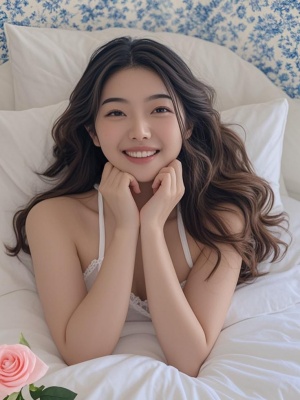The Timeless Allure of Old Painted Portraits
Introduction: Capturing History Through Brushstrokes
Old painted portraits serve as windows into the past, offering glimpses of historical figures, cultural norms, and artistic techniques from bygone eras. These masterpieces not only document physical appearances but also convey social status, personality traits, and even political messages. From Renaissance oil paintings to Victorian miniatures, each portrait tells a unique story that continues to fascinate art enthusiasts and historians alike.
The Evolution of Portrait Painting Techniques
From Egg Tempera to Oil Paints
The transition from egg tempera to oil paints in the 15th century revolutionized portrait painting. Artists like Jan van Eyck perfected oil techniques that allowed for richer colors, finer details, and more realistic skin textures. This innovation enabled painters to create old painted portraits with unprecedented depth and luminosity.
The Golden Age of Portraiture
The 17th and 18th centuries marked the golden age of portrait painting, with masters like Rembrandt and Gainsborough producing iconic works. Their techniques included:
- Chiaroscuro lighting for dramatic effects
- Complex layering of glazes
- Innovative brushwork techniques
Preservation Challenges and Modern Solutions
Common Issues with Aging Portraits
Old painted portraits face numerous preservation challenges:
- Paint cracking and flaking
- Yellowing varnish layers
- Canvas deterioration
- Fading pigments
Modern Restoration Techniques
Contemporary conservators employ advanced methods to preserve these treasures. For those interested in modern alternatives, AI photo restoration offers innovative solutions for damaged images. Traditional restoration still follows these steps:
- Scientific analysis of materials
- Gentle surface cleaning
- Structural stabilization
- Inpainting damaged areas
The Cultural Significance of Historical Portraits
Old painted portraits serve as important cultural artifacts that document fashion, social hierarchies, and artistic movements. The National Portrait Gallery in London houses an exceptional collection showcasing British history through portraiture. These works often reveal:
- Period-specific clothing and accessories
- Changing beauty standards
- Symbolic elements conveying status or profession
Collecting and Appreciating Old Portraits Today
For modern collectors and enthusiasts, understanding old painted portraits requires knowledge of:

- Art historical context
- Authentication processes
- Proper display and conservation
Those interested in creating portrait-inspired art might explore AI painting techniques as a contemporary alternative.

Conclusion: The Enduring Legacy of Portrait Art
Old painted portraits remain invaluable cultural treasures that connect us to our artistic heritage. As technology advances, both traditional conservation methods and innovative digital tools like those found at MediaAI.art will ensure these masterpieces continue to inspire future generations. Whether studying the brushwork of Old Masters or exploring modern interpretations, portrait art maintains its powerful ability to capture the human experience across centuries.